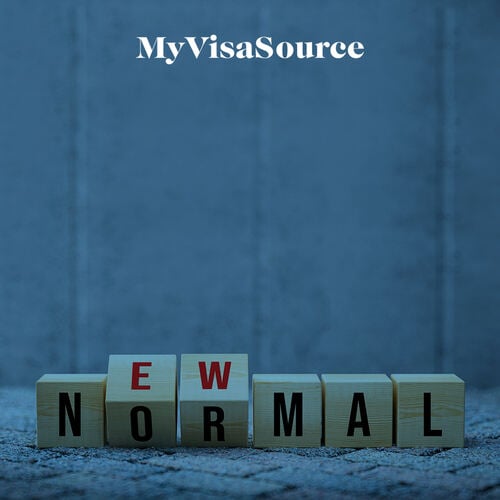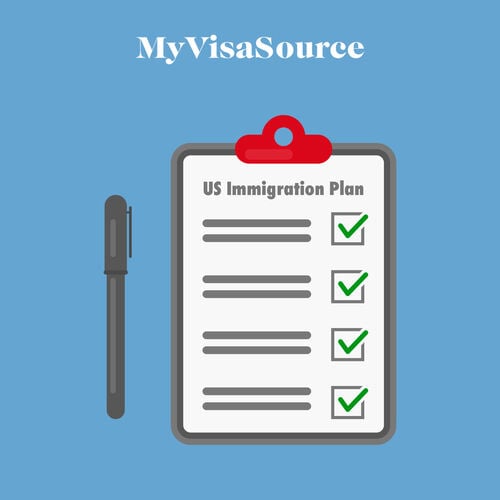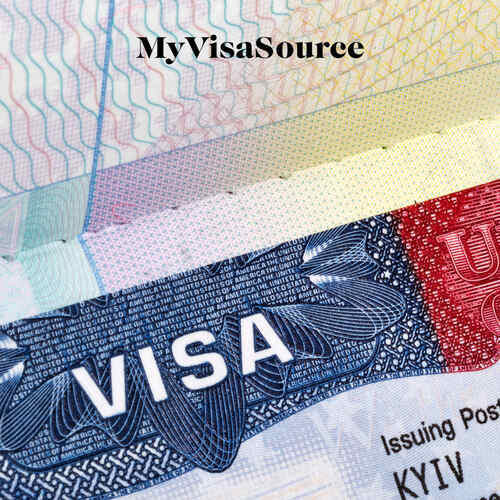On September 20, 2021, the White House announced an end to the Covid-19 related travel restrictions imposed in 2020. The Covid-19 travel bans will be replaced by Covid-19 testing and vaccination requirements for all international travelers by early November.
Both the Trump and Biden Administrations introduced various travel and social restrictions in the past 18 months in their bid to control the spread of the Covid-19 virus. These restrictions barred people from certain heavily impacted countries from coming to the US and/or required them to quarantine for 14 days in a third country before traveling to the US.
How Did the Travel Restrictions Impact International Travel?
International travel from the United Kingdom, Ireland, the Schengen region, India, Iran, China, South Africa, and Brazil is currently banned. Anyone who has been in these countries in the last 14 days is barred from traveling to the US unless they meet one of the various exceptions to the rule.
US citizens and their immediate relatives are exempt from this travel restriction, while any other international traveler will be required to apply for a National Interest Exception (NIE) before traveling to the US.
How Will the Travel Policy Change in November?
As per the policy change, from November, all international travelers, including US citizens and permanent residents will be required to present a negative Covid-19 test result to board a flight to the US. The US Centers for Disease Control and Prevention (CDC) will provide guidance on which vaccines are valid for international travel.
Since there will be no travel restrictions, international travelers will no longer require an NIE to travel to the US. There will, however, be limited exceptions for children, people participating in vaccine clinical trials, and those who have urgent humanitarian needs but lack access to vaccinations.

















